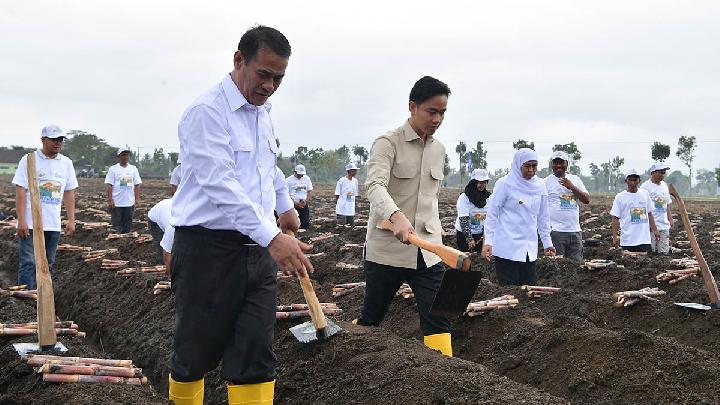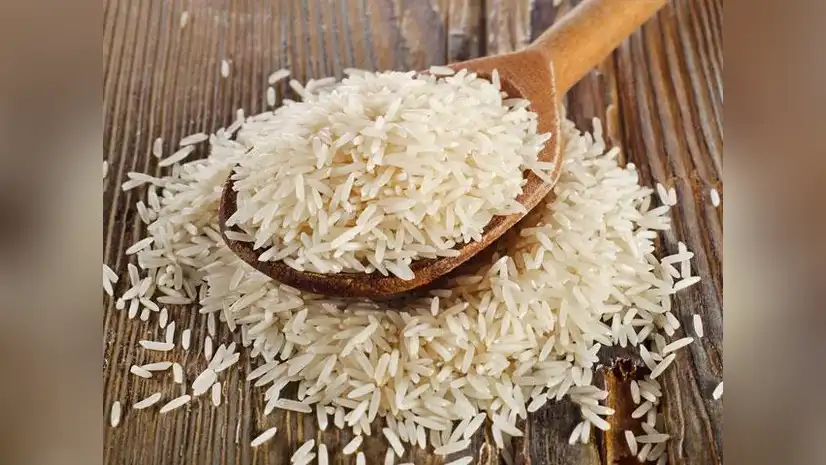Tags
GOVERNMENT PUSHES THROUGH POLITICAL DRAMA, AIMS TO EXPORT 10-YEAR-OLD RICE
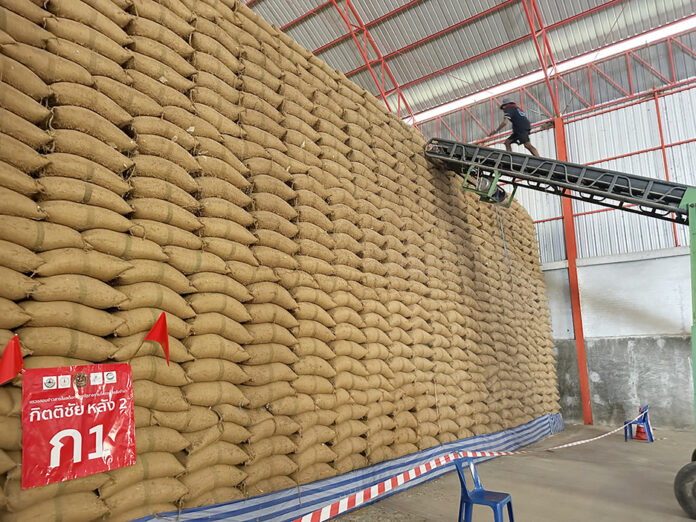
The 10-year-old rice is kept in the Kitttichai Warehouse, Building 2, Prasat District, Surin Province.
BANGKOK – The rice-pledging scheme, which was once a political controversy that led to the fall of the Yingluck Shinawatra government, has once again become a political issue and has reignited debates about whether rice from years ago is still edible today.
Phumtham Wechayachai, Deputy Prime Minister and Minister of Commerce, inspected rice produced during the Yingluck administration, which has been stored for over 10 years in two warehouses in Surin Province: the Phun Phol Trading warehouse in Chaliang district and the Kitttichai Warehouse in Prasat District, on May 6, 2024. They found that the rice still maintained sufficient quality for consumption and export.
He also demonstrated eating rice stored for ten years and distributed it to journalists for tasting in both Surin Province and Bangkok, most of whom confirmed that it was edible even though it had less aroma and stickiness than fresh rice.
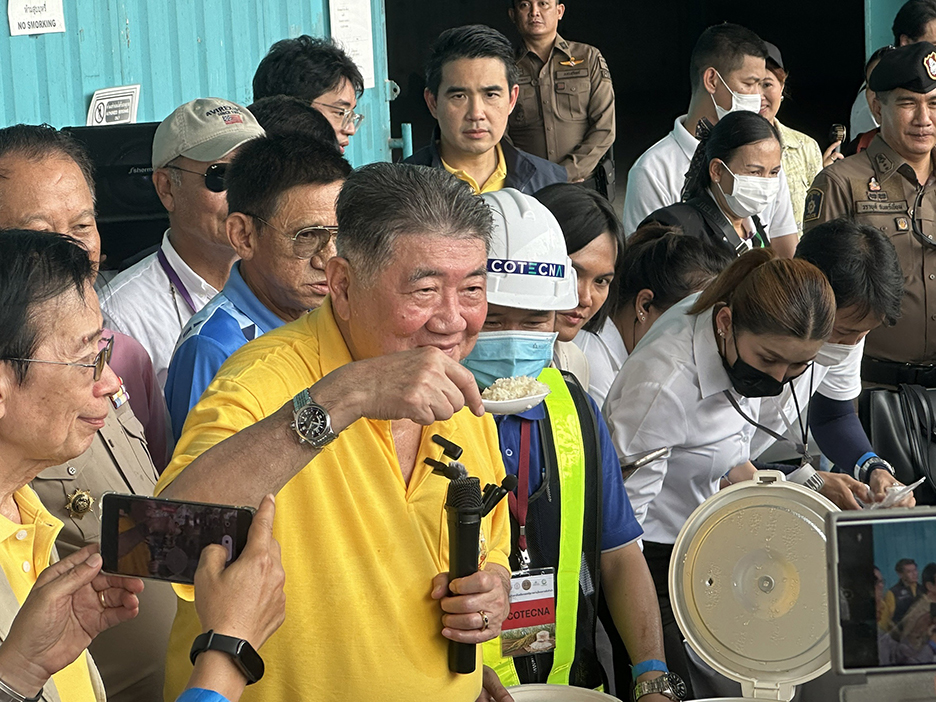
Phumtham Wechayachai, Deputy Prime Minister and Minister of Commerce demonstrates eating rice stored for ten years in Surin Province on May 6, 2024.
However, Rames Rattanachaweng, the spokesperson for the Democrat Party, has repeatedly attacked this issue, claiming that this batch of rice might not be of genuine quality because it needs to be soaked 15 times. He also criticized the Commerce Minister for not daring to eat it fully, implying a lack of confidence in the quality of the rice.
Rames also said that the deputy prime minister had tried to portray the Yingluck government’s rice subsidy scheme as legal, even though the court had published its verdict on the scheme’s corruption.

Rames Rattanachaweng, the spokesperson for the Democrat Party, claimed that the 10-year-old rice needs to be soaked 15 times, while Phumtham Wechayachai, Minister of Commerce, stated it needs to be soaked only 5 times or less.
On May 8, Phumtham granted another interview to the media, stating that there were officials from various departments involved in the inspection, including the Surin provincial governor, the director-general of the Department of Internal Trade, and two major rice exporters, namely Nakhon Luang Company and Thanassarn Rice Company. Therefore, he didn’t want people to speculate about the truth.
“In truth, it doesn’t matter how many times we soak the rice for cleanliness. If I remember correctly, we soaked it about 5 times. But whether it’s 10 times or 15 times, it depends on each individual’s preference. This isn’t the issue; let’s not divert the topic,” Phumtham said.
Phumtham stated that this issue was an attempt to resolve the country’s problem positively and to bring back money into the country. If the auctioned rice could reach a standard price of 17-18 baht per kilogram, there would be an income of around 200-400 million baht. As for the warehouse owners, once the clearance is completed, they would get their deposit back, which is fair.
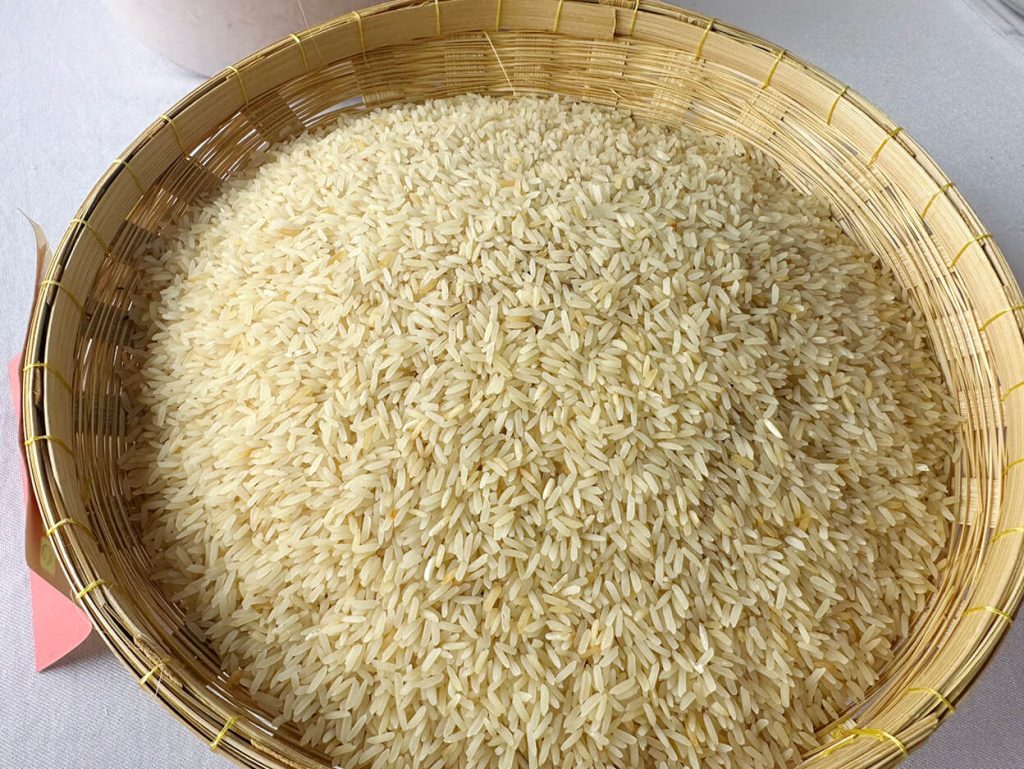
The government has confirmed that the rice was edible even though it had less aroma and stickiness than fresh rice.
As for whether the government wants to reconsider the rice-pledging initiative cases, Phumtham replied that he wished this issue would be resolved and that it wasn’t his duty to deal with legal matters. His duty was to sell the rice in the warehouse. If the rice could be slightly improved, it could be sold to the market for old rice, especially in Africa, rather than letting it rot, which could result in unsaleable rice bags.
Phumtham also said that the Ministry of Commerce would conduct the auction within May or at the latest by June.
Supachai Vorraapinyaporn, Chairman of Thanasarn Rice Company, stated that auctioning the ten-year-old rice for sale would not affect the confidence of buyers or the image of Thai rice because the global demand for rice varies. Some markets prefer new rice, while others prefer old rice, especially in Africa.
“In the last 3-4 years, Thailand has exported a considerable amount of aged rice to Africa, about 3-4 million tons. In my personal opinion, if the government wants to end the drama of Thai people eating old rice, it should open the auction for export. Because abroad, especially in Africa, eating old rice is not a problem,” he concluded.

The 10-year-old rice is kept the Phun Phol Trading warehouse in Chaliang district, Surin Province.
According to the Associated Press report, the Administrative Court on April 2, 2021, repealed the military government’s order to fine former PM Yingluck Shinawatra for 35 billion baht over her loss-ridden rice subsidy program.
The court found the order issued by the finance ministry in 2016 lacks legal standing since the ministry had failed to show any clear evidence of Yingluck, whose government was overthrown in a 2014 coup, was responsible for the financial damages done to the state. It also said that the corruption happened at the operational level.
Yingluck fled Thailand in 2017, shortly before she was found guilty on charges of negligence over the same rice-pledging initiative. She was sentenced in absentia to five years in prison and a warrant was issued for her arrest, which Yingluck’s Pheu Thai Party and her supporters decried the sentence as politically motivated.

A file photo of former PM Yingluck Shinawatra.
Published Date: May 8, 2024





